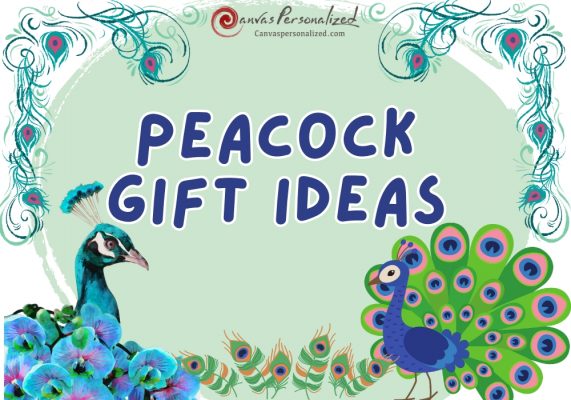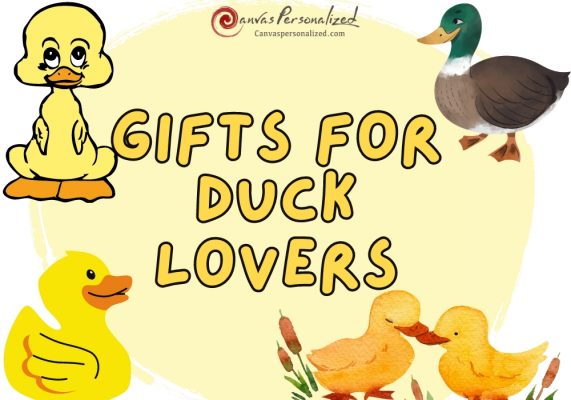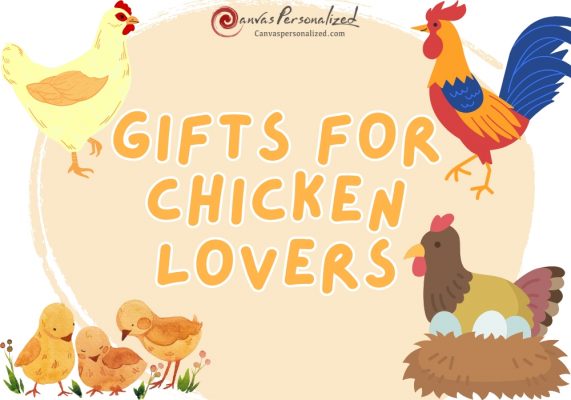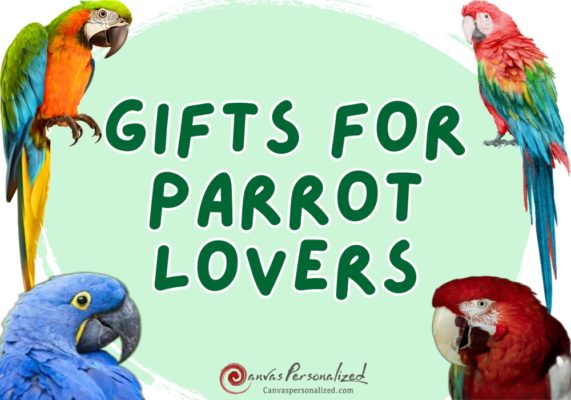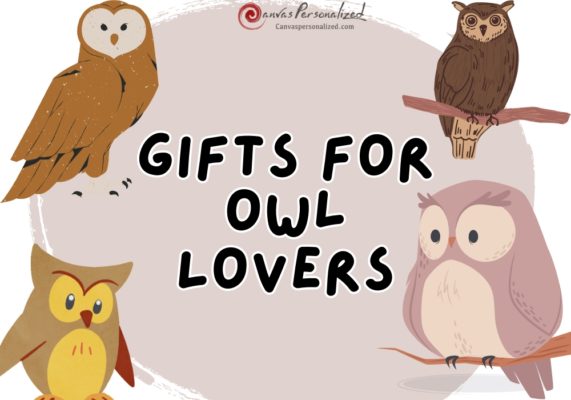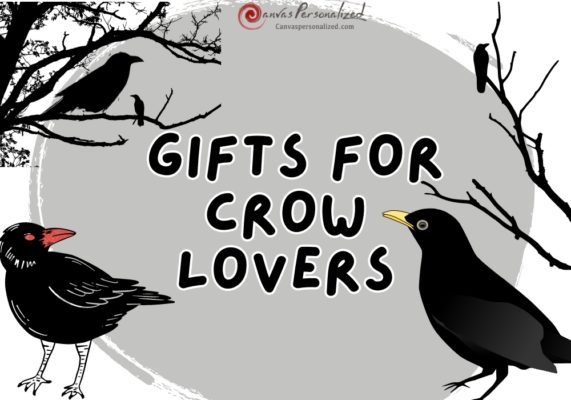Having a pet bird is a source of great joy for many people. Many pet birds, like parrots, are highly intelligent and can make excellent companions once they build trust with you. So, what are signs your bird trusts you?
You can pick up on numerous signs to know that your bird trusts you. Some of these are cuddling, preening, grooming, and the bird’s relaxed posture when walking into the room. Birds such as parrots also favor mimicking some of your behaviors as a sign of trust. Canvas Personalized compiled the 20 indicators that your bird has confidence in you. Take a look right now!
Do Birds Form Relationships With People?
Birds form strong attachments to their primary carers has been demonstrated scientifically. The more time you spend with the bird, the more probable it is to develop an attachment to you.
Birds do not readily respond to human affection, unlike domesticated felines and canines. Pet birds need time to become acclimated to new surroundings. Hence, you will eventually create a link with your bird if you give it the time it needs, never ignore its demands, and give it the attention it deserves.
When your relationship with your bird strengthens, it will demonstrate more and more love and devotion. But birds also have their odd habits. So, many bird owners may not be shown as much love as others.
Understanding Pet Bird’s Behavior: 20 Signs That Your Bird Trusts You
1. Your bird’s tail wags at you
When a dog wags its tail, you know it is happy. The same thing could be meant by a bird flapping its tail. When you walk into a room, and a bird starts flapping its wings and tail feathers, it means it likes you and is delighted to see you. But note that a parrot’s shaking of the tail feathers might also be a warning that it needs to relieve itself, so make sure that isn’t the case before approaching.
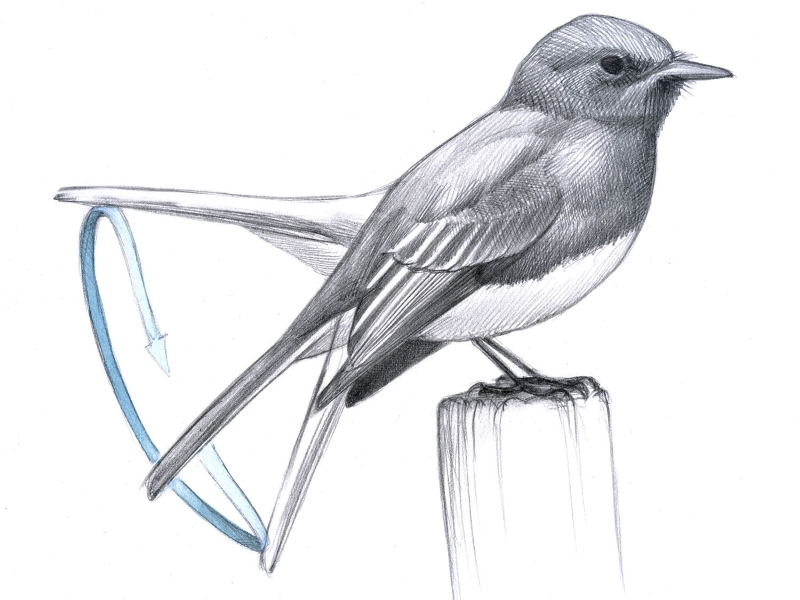
2. Purring
While parrots don’t typically use purring as a sign of communication, when it does happen, it’s usually an indication of contentment. Some parrots purr more than others, but make sure you’re not mistaking that for a snarl.
The two are frequently confused because they sound alike but have different meanings. Whereas a purr indicates contentment and enjoyment, a low growl from a parrot indicates dissatisfaction or fear. A growling parrot is a message that you should back away immediately.
3. Hanging upside down
Habitually, parrots do not hang upside down. The hanging parrot, however, is an exception to this rule and can even sleep while suspended in the air. Parrots can be upside down for many reasons, including playing, eating, and having fun.
Seeing some upside-down parrots in front of you is a really good sign. What this signifies is that you have made them feel at ease. Hence, if a bird flies upside down near you, it is likely because it loves you and wants your protection.
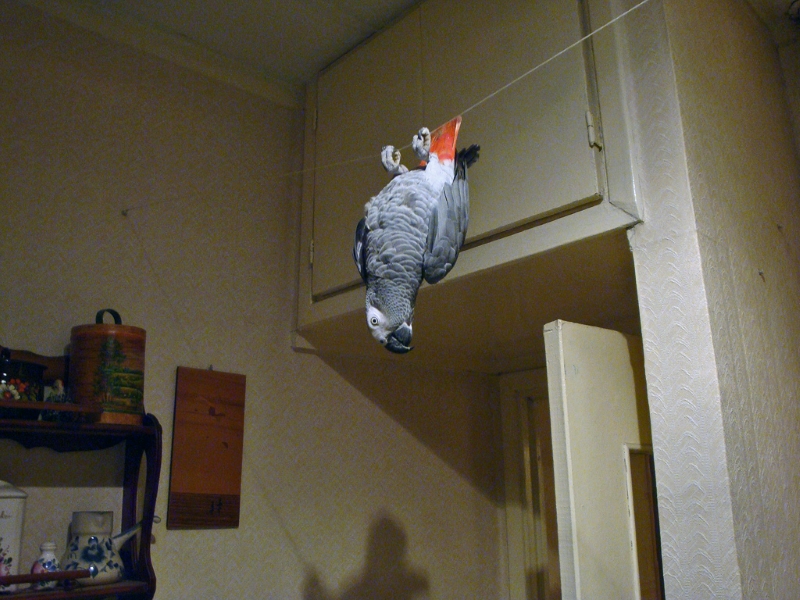
4. Cuddling
Affectionate birds, particularly parrots, are known for their warmth and willingness to offer affection. A parrot may snuggle up to you by burying its head in your neck, much like a dog or cat. This behavior indicates that your bird trusts and feels secure in your presence. This is one of the easiest ways to know whether a parrot likes you.
5. Preening themself
Birds preen themselves frequently in the wild to remove debris and improve the quality of their feathers. They also keep their feathers clean and in the proper shape most of the time. This is a perfectly normal thing for birds to do, and it helps them stay clean. But because preening is a very focused task, the bird can’t pay attention to its surroundings.
Because of this, if your bird preens itself while you are present, it trusts you and feels very secure in your company. When threatened, a parrot will sit bolt straight and appear attentive, rather than preening, ready to fight or run away.
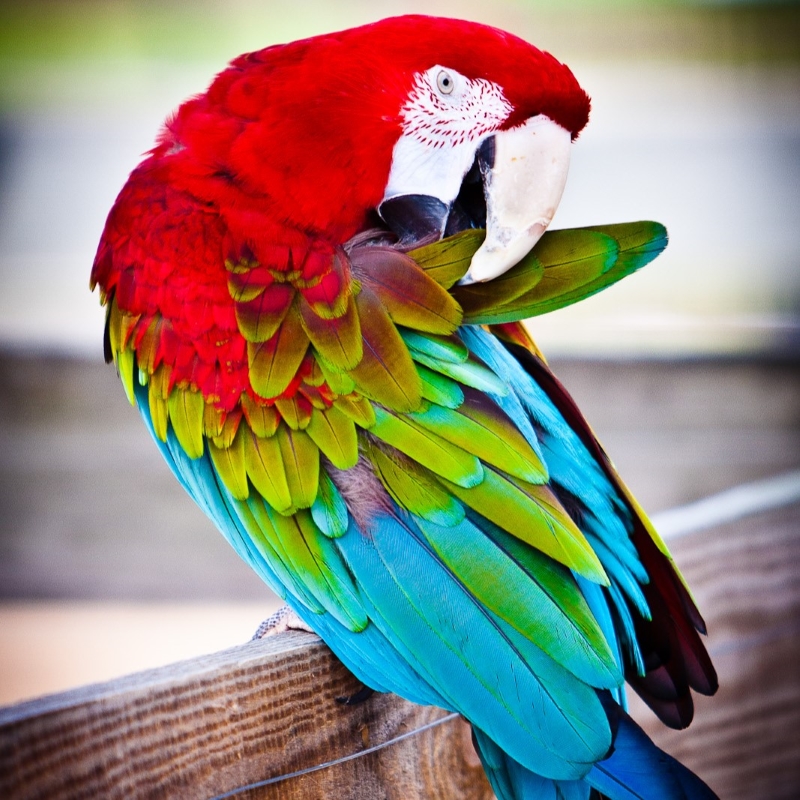
6. Grooming you
This can be similar to cuddling. If your parrot is comfortable with you, it will preen you and preen itself. Preening is a sign of affection in birds. In the world of birds, it’s common for married couples to preen each other as a symbol of affection. This behavior demonstrates that the two birds are at ease with each other and with each other’s company.
If your pet bird does not have a mate or another bird with a strong attachment, it may begin to preen you instead. It indicates trust and a desire to maintain good relations if your parrot preens you.
7. Flapping wings
A bird’s wings are mostly used to fly but can also show how it feels. There are many reasons why a parrot might flap its wings. To strengthen their wings, many young birds will flap them while sitting in one place.
When it sees you, though, it may be trying to attract your attention by flapping its wings and making noise simultaneously. It may be trying to attract your attention or expressing joy. This is another sign that the bird trusts you and wants to interact with you since it shows that your bird likes you.

8. Completely Relaxed Around You
Generally, it’s a good sign if your bird seems calm while sitting on you or close by. A relaxed body posture shows that they don’t need to get ready to fly away or fight off predators. When the parrot wants to rest, it might stand on only one foot and pull the other foot into its own feathers.
On the other hand, a nervous parrot would stand up on both feet with its eyes wide open and unblinking, its feathers pulled flat against its skin, giving it a worn appearance.
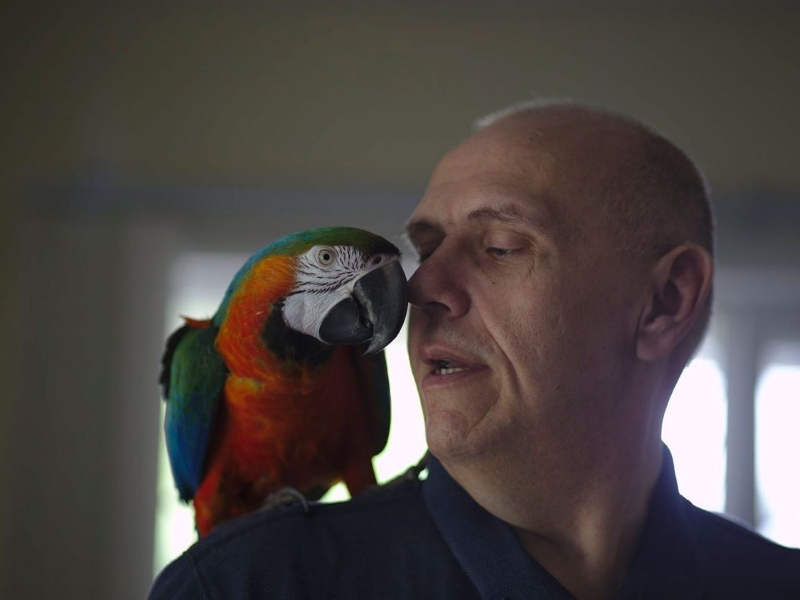
9. Bowing their heads
When a parrot bows its head, it shows trust and vulnerability because the bird shows you the back of its head and neck. This is sometimes accompanied by closed or half-closed eyes, meaning it wants you to pet or scratch its head. When your parrot bows its head to you, it’s showing you it’s comfortable enough with you to let its guard down.
If this occurs, try giving the feathers a light stroke in the opposite direction of their growth. This is like giving your bird a light massage, and it will be greatly appreciated!
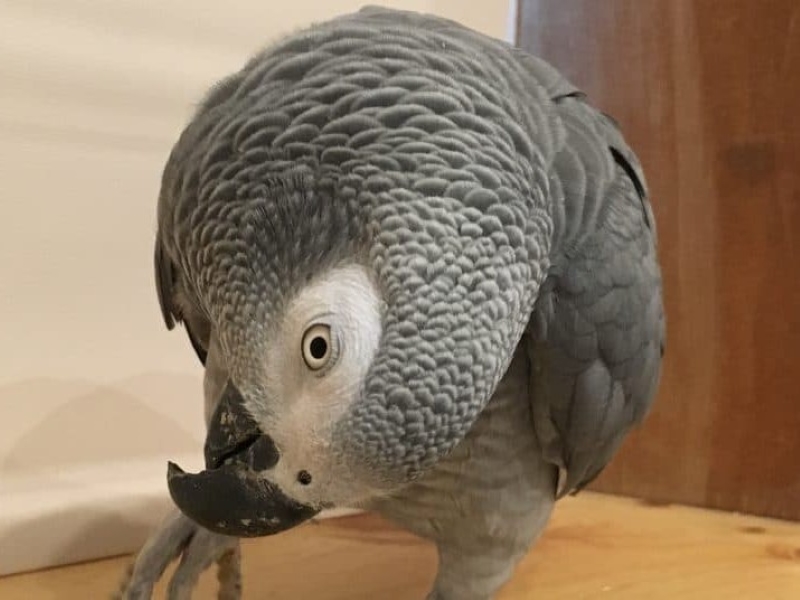
10. Dilating Pupils
When it gets dark or bright, our pupils get bigger. This is a natural reaction over which we have no sway. On the other hand, parrots can change the size of their pupils. More specifically, their pupils can flash (get bigger) or pin (get smaller) depending on their emotional state and surrounding conditions.
When you walk into a room, pay close attention to your parrot’s eyes. If they start to dilate, it usually means they are excited and happy, which means they are glad to see you. But remember that the same dilation can also indicate anxiety or stress. As a result, it’s crucial to observe their eyes and other body languages.
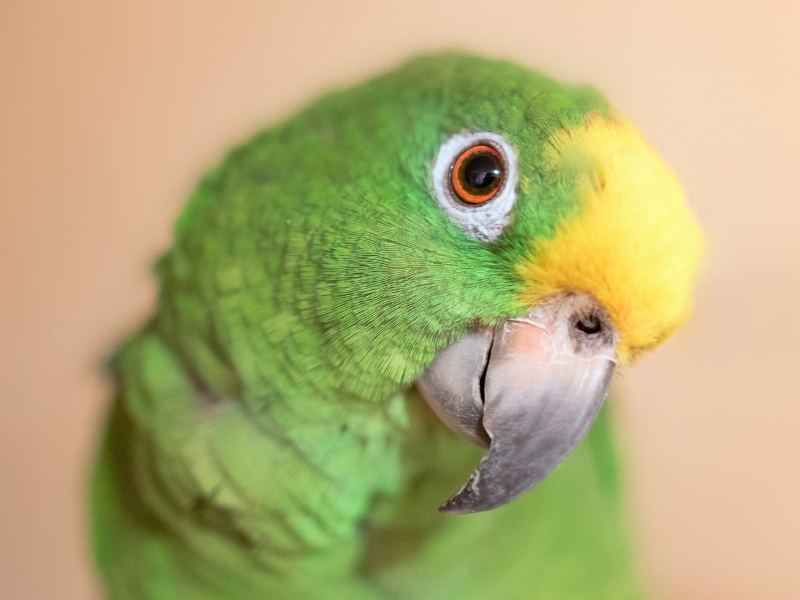
11. Communicating With You
Birds use a wide variety of signals to convey their messages. Their sounds might range from chirping and chirruping to clicking. They might also whistle or sing, much like parrots and other birds that can imitate human speech.
Whereas squealing and shrieking indicate distress and suffering, singing, whistling, and other pleasant-sounding noises indicate happiness. Hence, if your parrot talks to you, it’s a good sign that it wants to interact with you and seek your company.
12. Wants To Play With You
There are several ways in which a parrot or other species might try to play with you. A bird’s willingness to interact with you by mouthing is a common sign it wants to play. Certain species of birds, like parrots, will often mouth your finger with their beaks. Don’t mistake this action for biting, which is obviously quite different.
13. Direct Eye Contact
Direct eye contact might be intimidating to an anxious or shy parrot. Because of this, unless they are completely at ease with you, most parrots will avoid making direct eye contact. In addition to checking for dilated pupils, observe whether or not their gaze is directed in your direction. If they look at you and maintain eye contact, they feel comfortable and trust you.
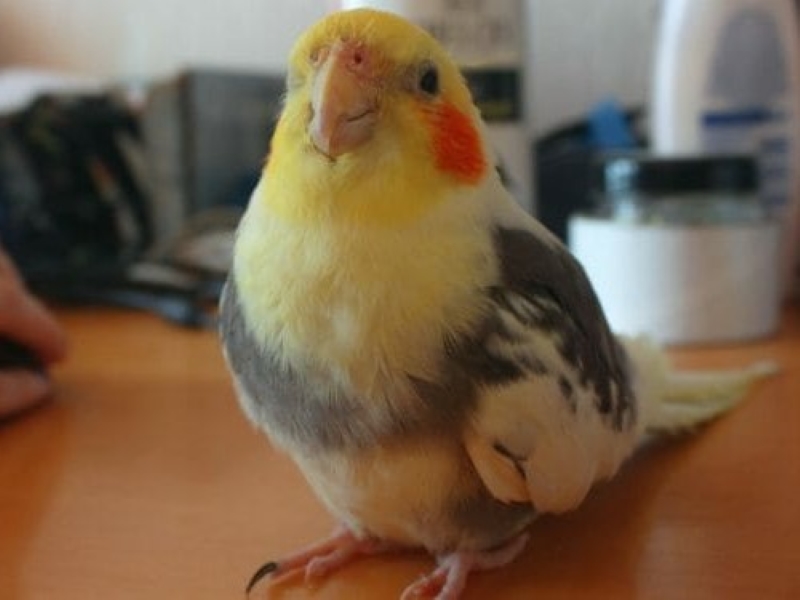
14. Following You Around The House
If your parrot follows you everywhere you go, it trusts and feels safe with you. Its desire to spend time with you frequently demonstrates the animal’s complete confidence in you. If it follows you, it might be interested in spying on you to discover what you’re up to. It’s a sign that the bird cares about you, has faith in you, and wants to be a part of your daily life.
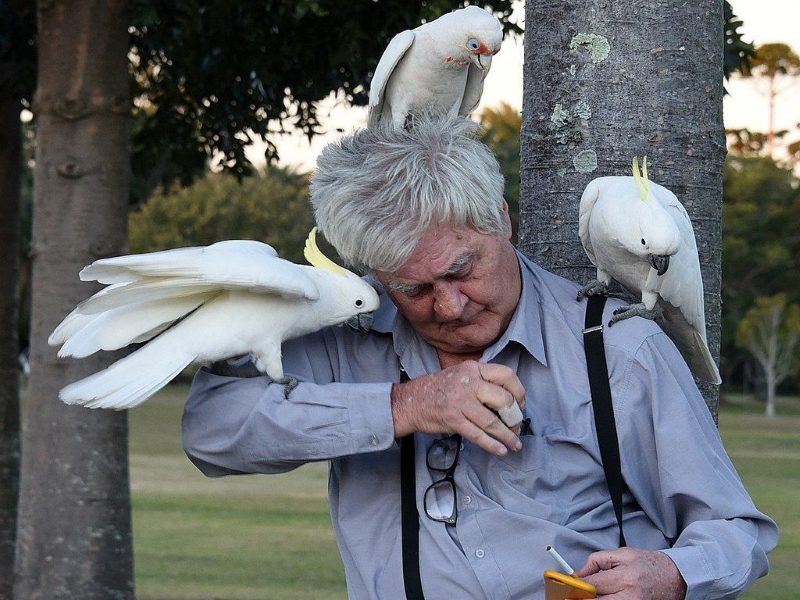
15. Dancing or showing excitement
As your bird moves its head, wings, and feet in a dancing motion, it shows signals of excitement and likely trusts you. Seeing a bird dance is a surefire way to put a grin on your face, as birds’ antics can be extremely amusing. It’s a sign that the bird enjoys your company and feels safe enough to let you get close.
16. Grinding their breaks
If you hear a crunching sound, you may tell your parrot is beak rubbing but see it pushing its lower beak against its top beak without eating. Many people who just got a bird for the first time are scared by this peculiar noise, but usually, there is nothing to worry about!
Parrots have been observed grinding their beaks in preparation for sleep or while feeling tired and comfortable. They occasionally grind their beaks while slowly closing their eyes. One of the signals that your parrot trusts you is if it relaxes in your company by grinding its beak.
17. Mimicking
Some species, especially parrots, are intelligent birds, so one of their special skills is the ability to imitate. In particular, if your parrot mimics your every move, it wants to be an integral family member. It has been said that “imitation is the sincerest form of flattery,” which may also be true of a parrot. Mimicking your actions or words indicates that your parrot likes and wants to be with you.
18. Blushing
Some species of parrots, including macaws, are known to blush. It’s more likely a sign of fear than embarrassment on their part. In another context, it could indicate contentment. Your parrot may be showing fearful blushing if it has been startled. Another interpretation is that they are glad to see you.
19. Regurgitating food
If your parrot regurgitates food, you should take it as a sign of trust and affection rather than disgust; wild birds typically regurgitate food to feed their young. When kept as a pet, a parrot will only vomit food for their favorite people. A parrot’s willingness to regurgitate food for you is not simply an act of trust but also a demonstration of affection, as parrots do the same for their young and their lovers.
20. Lying on back
Certain parrot species, including caiques and conures, prefer to play while lying on their backs. Certain young conures have been observed to favor sleeping on their backs, yet the reason for this behavior remains a mystery. A bird is most defenseless and vulnerable when flat on its back.
Unless your parrot has complete confidence in you and knows you won’t hurt it, it’s unlikely to perform this behavior in your presence. Your parrot’s high level of trust in you is demonstrated by letting you see and approach it while lying on its back.
Nonetheless, the temperament of the individual parrot also plays a major role. Some parrots may not be willing to lie on their backs, even if they trust you a lot, because it makes them feel extremely vulnerable. Don’t be upset if your parrot won’t do this!
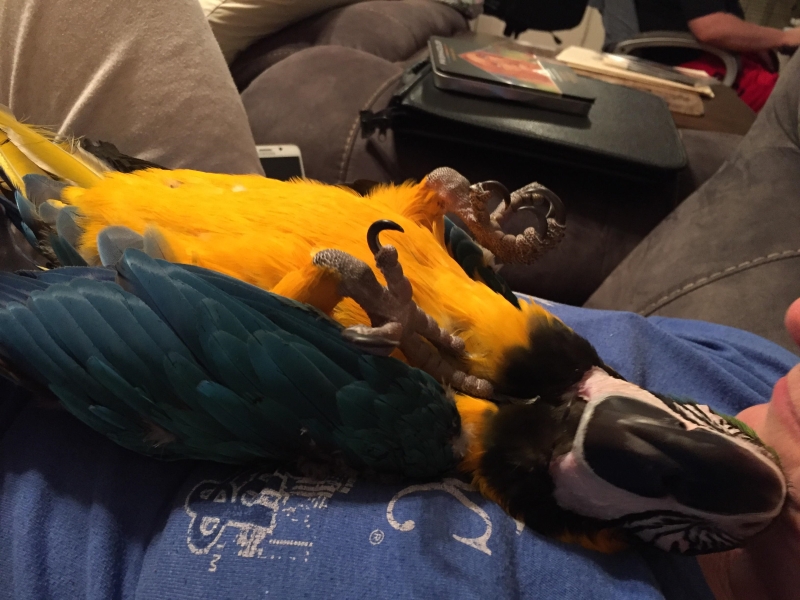
>> Another related post that you may be interested in:
- Understanding 7 Bird In Shock Symptoms And Treatment Options
- Can Cats And Birds Live Together: Best Tips for Living in Harmony
The goal of having a pet bird is to have it trust you and feel completely at ease in your company. This will take some time initially, but your persistence will be rewarded. Observe the bird’s behavior and reactions in its environment, and remember that context is crucial. Keep an eye out for signs your bird trusts you, and remember that context is crucial.
Canvas Personalized hopes the advice in the above post on the signs your bird trusts you is useful. If you want to know more about caring for your pet bird properly, see more articles in this section.



